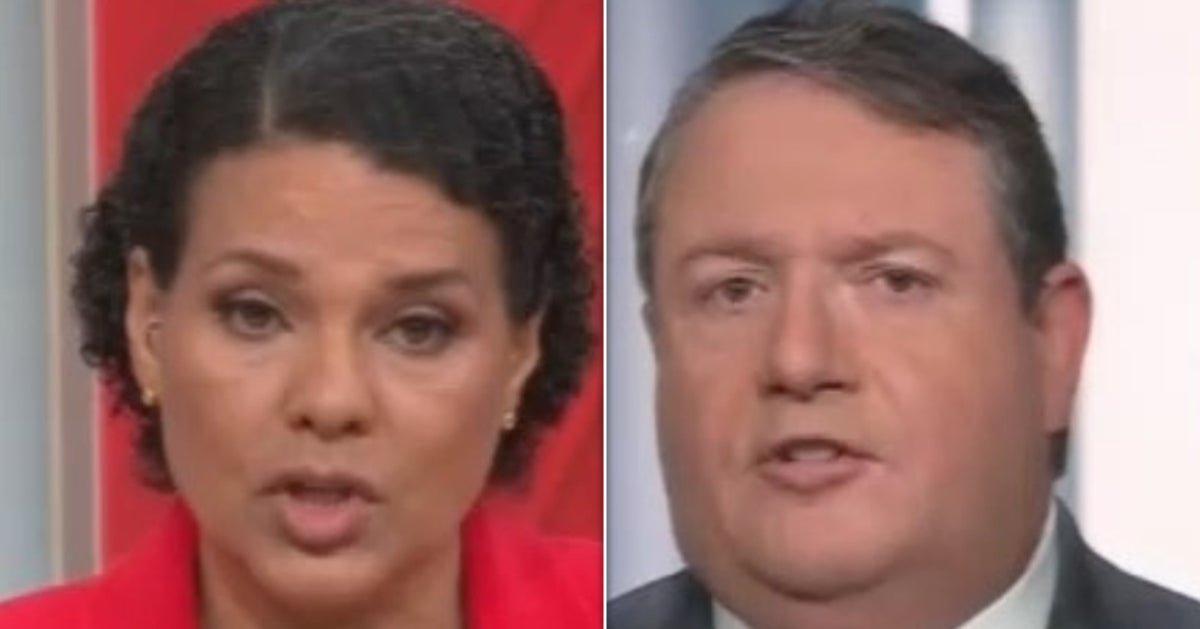CNN’s Sara Sidner reminded Rep. Randy Fine (R-Fla.) on Monday about his history of offensive verbal attacks after he called for more security in the wake of deadly shootings targeting Democrats and their spouses in Minnesota.
Fine said he agreed with calls for legislators to get additional protection after the shootings that are believed to be politically motivated. Fine, who is Jewish, also pointed to instances where he and his family were subjected to death threats.
Sidner chimed in, noting that Fine once called a school board member a “whore” in texts with a local official in Florida and referred to Rep. Rashida Tlaib (D-Mich.) as a “Muslim terrorist” in May.
“Are you part of the problem here?” Sidner asked during the live TV interview.
Fine, in response, argued that what people write in “private text messages to each other is one thing.”
“If I had said that in a public message, I’d understand. But I do think there are issues,” he said.
He pivoted to criticism of “No Kings” protests against Donald Trump over the weekend and those comparing the demonstrations to the American Revolution, noting that the president “isn’t a king.”
“I mean, that is a call for violence,” said Fine, who added that there were signs among the protesters that read “8647,” a message that sparked MAGA outrage last month.
Fine then recalled talk of bringing down the rhetorical “temperature” after the assassination attempts on Trump, who has notably gone after his political foes and their associates.
“I don’t think people are getting the message. So, this is real. It’s a concern and we all should do our part,” he said.
Sidner hit back, “Are you not getting the message, too, to be fair?”
“Is it fair to say that the way that you speak to your colleagues, what you say about them and the fiery rhetoric that you also use is also an issue that you are thinking about maybe changing?” she asked.
Fine went on to argue that “fiery rhetoric” is “different than a call to violence.”
“Calling evil for what it is, calling danger for what it is, is acceptable,” he declared.
“It’s when you cross that line and you say, ‘and that person should be killed.’ That’s never a line that I have crossed nor do I think it should be done.”













Leave a Reply